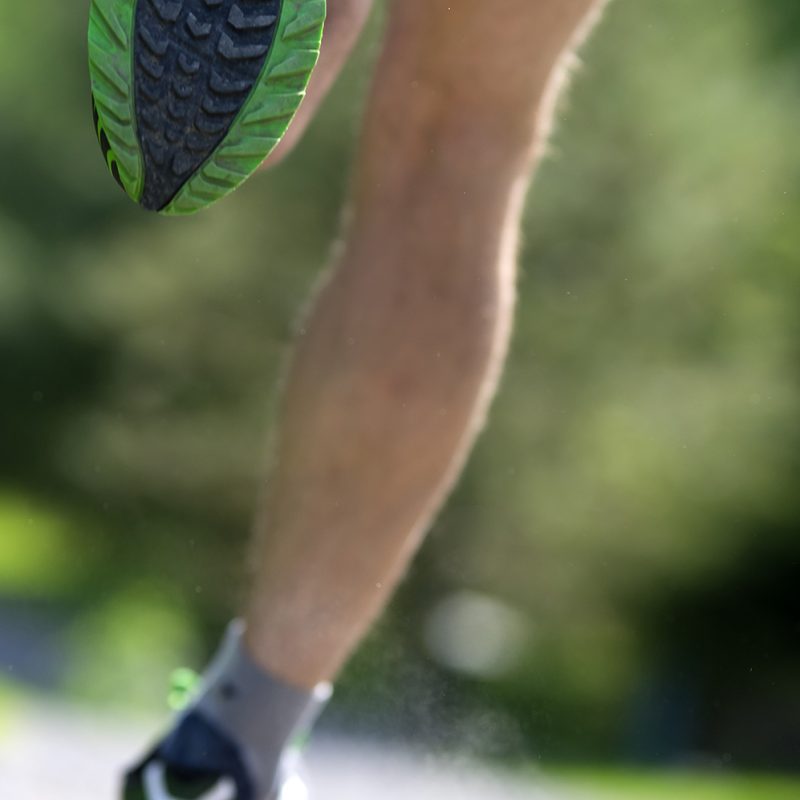Lead Running Clinic Physiotherapist

Coronavirus is having and is going to continue to have a huge impact on all our lives. One such way is on our ability to exercise. With the current situation of gym closures and the population being told to stay indoors, apart from 1 outdoor session of activity, it is clear that people are going to do more running. I have seen, albeit anecdotally, lots more people out running of late than I would normally expect to.
Running injuries are the most common exercise related injuries that we see in the clinic. Most of these occur as a consequence of overuse – ‘too much too soon’. Novice runners need to be especially aware of this as they are significantly more likely to get injured than experienced runners. Given the positive mental health benefits of regular exercise like running, which is going to be especially important over the coming weeks and months, then the last thing someone needs is an injury that is going to stop them from exercising at all.

To mitigate against the risk of picking up a running injury then aim to progress gradually. If you are new to running then consider following a guide like couch to 5km programme. If you run regularly then be careful that you don’t progress too much from 1 week to the next. Not progressing running volume by 10% week on week is a target to follow. This has some limitations however as it doesn’t take into account running intensity. More favourably is to multiply the length of time a run takes by the difficulty rating you would give the run on a 1 to 10 scale. This gives you something called an Arbitrary Unit. Total the Arbitrary Units across a full week and try to ensure this number doesn’t increase by 10% every week.
Here are some other ways that you can reduce your risk for picking up a running related injury;
- Ensure most of your runs are at lower intensity (at a pace where you could hold a conversation).
- Consider running on alternate days so your body has some recovery time between runs.
- Make sure your running shoes are not worn out, and are light and comfortable.
- Vary the surface that you run on – mix it up between road, trails, paths etc.
- If you are interested in the data from your smart watch, like a Garmin, then aim to keep your cadence fairly high (> 170 bpm would be a good target).
- Try to get good quality sleeps and ensure that you are appropriately fuelled and hydrated for the activity you are undertaking.

If you do need advice on an injury then we are offering consultations in our Virtual Clinic.












